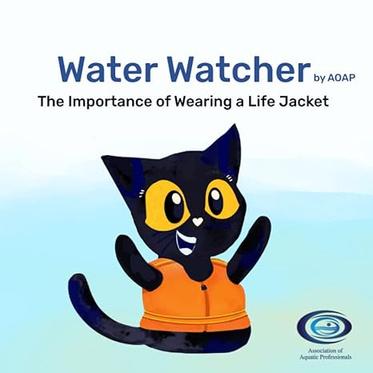R.E.S.P.E WATER THE











TheAssociationofAquaticProfessionals(AOAP)isaprofessional organizationsupportingprofessionalswhooperateandmaintainlocal swimmingpools,waterparks,swimschools,waterfrontsandmore. Amongourprioritiesisdrowningprevention-somethingourmembers arepassionateaboutandstrivefordaily.
Drowningisaleadingcauseofdeatharoundtheworld,anddrowning ratesareactuallyincreasingafteryearsofdecline.Accordingtothe CenterforDiseaseControl(CDC),abouttenpeopledieeverydayfrom unintentionaldrowning-twoofthesearechildrenage14oryounger. Theyalsonote:
Drowningistheleadingcauseofdeathduetounintentionalinjury inchildrenagedonetofour;
Fataldrowningremainsthesecond-leadingcauseofunintentional injury-relateddeath(behindmotorvehiclecrashes)forchildren betweenoneand14;
Ofallages,drowningranksfifthamongtheleadingcausesof unintentionalinjurydeathintheUnitedStates;
Andforminorities-specificallywithinBlackcommunities-the drowningrateforchildrenagesfiveto14isalmostthreetimesthat ofwhitechildreninthesameagerange.
Butwealsoknowthatdrowningispreventable!Byeducatingyourself andyourfamilyaboutsafetyaroundthewaterandbuildinglayersof protection,youcanhelpreducefataldrowningsandkeepyourloved onessafe.
ReadontolearnmoreabouthowtoR.E.S.P.E.C.TtheWaterwithAOAP’s drowningpreventioncampaign.
Training
Recognizethesignsofnonswimmers,tiredanddistressed swimming&potentiallyunsafe situations
Learnwhatfactorscanleadto drowning
Direct,constantsupervisionis key
Providefencing,safetycovers, alarmsandlifejackets
Understandwhattoexpect fromtheaquaticenvironment andyourbody’sresponse,and knowyourlimits
Warnandinformfamily,friends andguestsaboutthedangers presentinandaroundthewater
Learntoswimandhowto respondtoemergencies
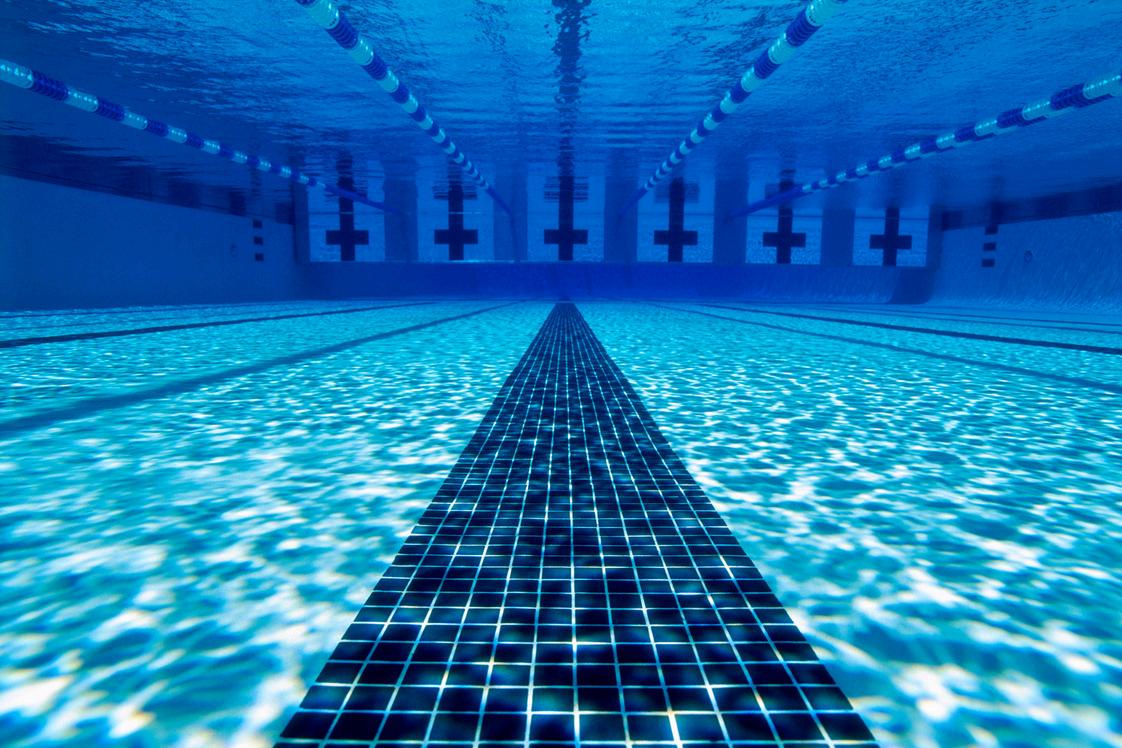
Recognizethesignsofnon-swimmers,tiredand distressedswimming&potentiallyunsafesituations
Althoughtherearesomecommondrowningindicators, anyonecandrownifthesituationisright.Recognizingnot onlydrowningbehaviors,butthefactorsthatcanleadto drowningisjustasimportant.
Peoplethatcan’tswimorareweekswimmerscanstillenjoythewater! Learningtorecognizetheseswimmerssoyoucanprovidealifejacket andidentifyboundariesfortheirswimmingactivityisimportant Ask parentsorparticipantsabouttheirswimmingabilitybeforeyougetto thewaterandcontinuouslymonitoringcanhelppreventdrowning accidents.
Somenon-swimmerbehaviorsinclude:
Lookingscaredtogetinthewater
Hangingoutintheshallowend
Hangingontothesideofthewall(deathgrip)
Crawlingalongthepoolwallratherthanswimming
Notgettingtheirfaceorhairwet
Atiredswimmercangetintotroublequickly,andtheyshouldbeeasyto spotsinceyou’vebeenactivelysupervisingyourswimmers.Ifyousee someoneisgettingtired,asktheswimmertorestorhelpthemtosideof thepool Anddon’tbeafraidtotakeabreakyourselfifyouaregetting tired!
Somebehaviorsoftiredswimmersmayinclude:
Notmovingforward
Draggingtheirarms
Lookingtired
Havinghairintheirface
Callingforhelp
Remember,drowningvictimsdon’talllookthesame!Generally,looking forunusualswimmingbehaviors,excessivesplashing,ornoresponse whenyoutrytogettheirattentionshouldpromptanimmediate responsetopreventafatalincident.
Somedrowningbehaviorsmayinclude:
Aheadtiltedbacklookingup
Verticalbodywithnokicking
Armsreachingtothesideorthefront-oftentimesliketheyare tryingtocrawloutofthewater
Lossofmotion
Scaredeyes
Andrememberthattheremayormaynotbesplashing,andtheycannot callforhelp!
Ifyouseeadrowningvictim,donotswimouttorescuethem-you couldalsobecomeavictim!
Callforhelpand/oralertalifeguardorwhoeverissupervisingthe water.
Reachorthrow-don’tgo!Usearescuetube,ringbuoy,inflatable raft,poolnoodleorotherequipmenttoassistfromasafedistance.
Keepyourweightonyourheelsorlaydownontheedgeofthe watersothattheydon’tpullyouin.
Ifyoudon’trespondquickly,anactivedrowningvictimcanbecome submergedinaslittleas20seconds!
Onceaswimmerbecomessubmerged,it’sverydifficulttoseethemevenifyou’reswimmingrightoverthem.Indicationsthatsomeoneison thebottomofthepoolincludescolorvariation(likeasmudge)that doesn’tmove,andsmallbubblesmayappearatthesurfaceofthewater. Ifyouhaveanyquestionaboutsomethingyouseebelowthesurface, takeaction!
Actionmightinclude:
Callforhelp-asubmergedswimmerwillneedadditionalcarefrom professionalresponders.
Onlytrytoremovethemfromthewaterifyoucanswimornavigate tothemsafely.
Ifareachingpoolorhookisavailable,youcanattempttomovethem tothesideofthepool.
Ifthewateristoodeepordangerous,watchthesubmergeditem untilemergencyresponsepersonnelarrive
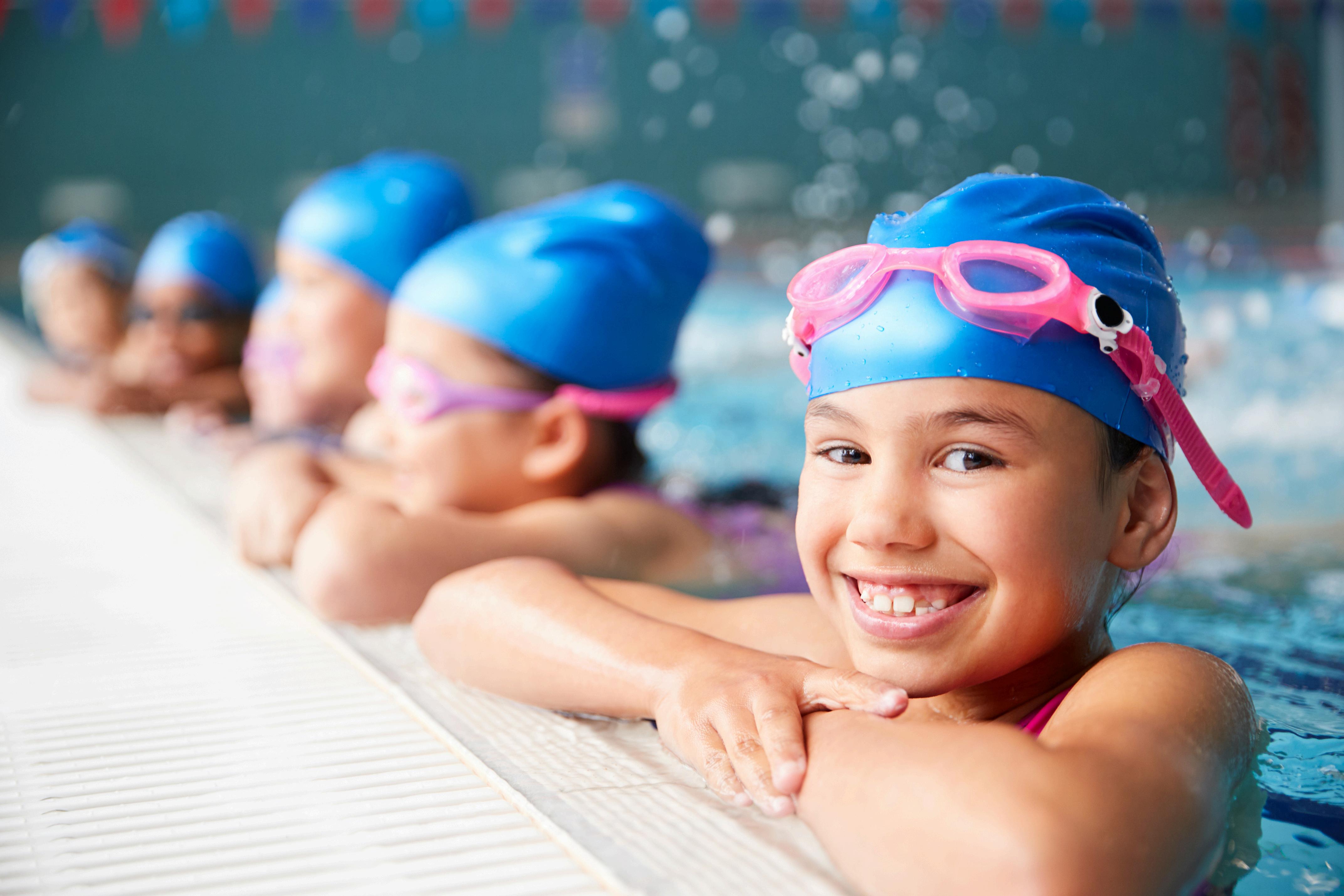
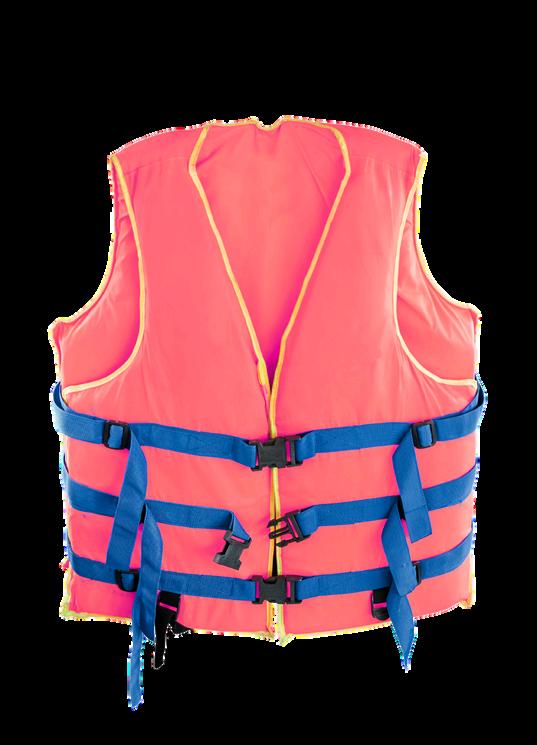
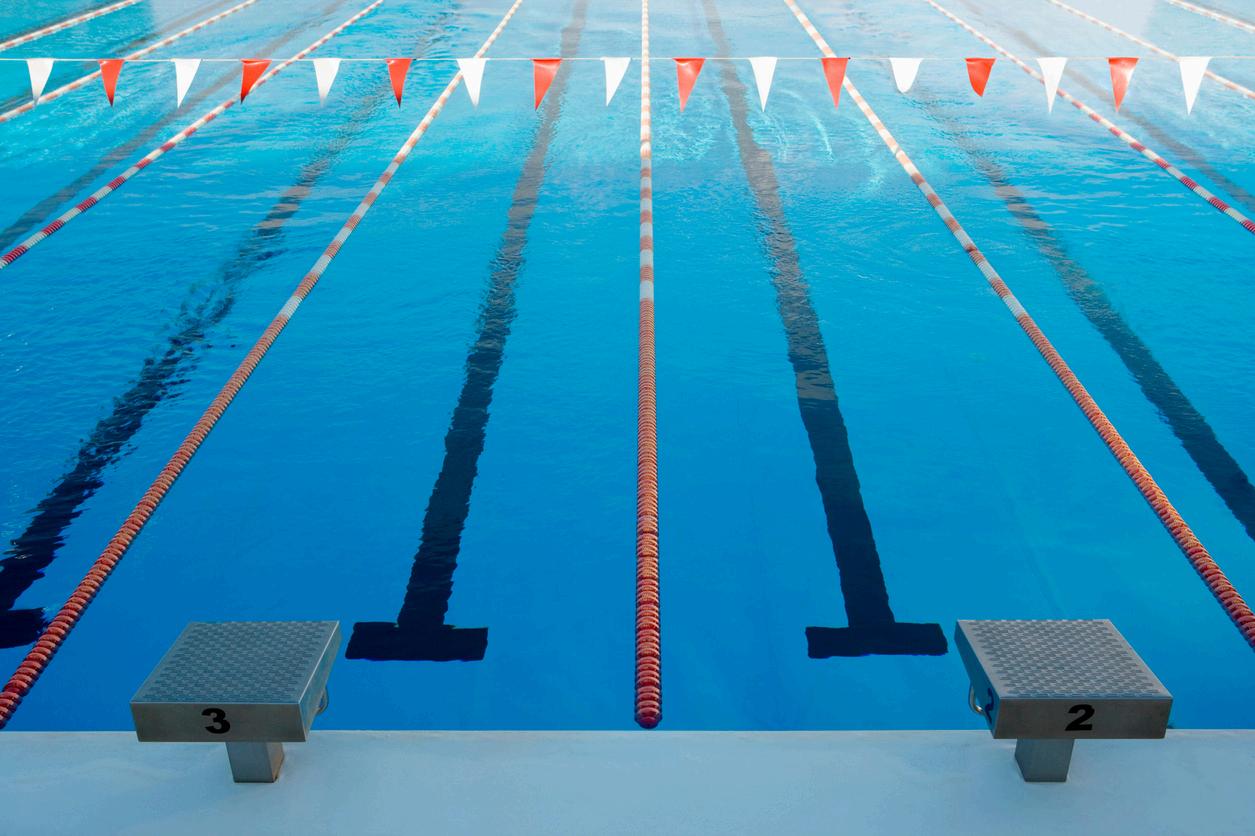
Watersafetyeducationforchildrenandadultsisacriticalcomponent inhelpingpreventdrownings InadditiontotheRESPECTtheWater campaign,thereareanumberofprogramsavailabletohelpparentsand caregiverslearnaboutwatersafety Reachouttoyourlocalparksand recreationdepartment,aquaticfacilityoranyofthenationallearn-toswimorganizationstorequestmoreinformation.
Thereareavarietyofthingsthatcanimpactyoursafetyinthewater andleadtopotentialdrowning.Someofthethingsyoumayconsider beforegettingintothewaterinclude:
Airandwatertemperature(veryhotandverycold):Howwillyour bodyreactinandoutofthewater?
Waterclarity:Canyouseethebottomofthepool?Aretherehidden obstaclesunderthesurfaceofalakeorpond?
Windconditionscanaffecthowwellyoucanseeswimmersinthe water.
Swiftcurrentscaneasilypullaswimmerfurtherfromshoreorout oftheircomfortzone.
Waterclarity
Poolrepair(brokendrains,skimmers)
Obviouspoolrepairissuessuchasbrokendrainsorskimmerscan poseimmediaterisk.
Knowingwaterdepthscan helpdefineboundariesforswimmersof differentabilities.
Beawareofsignagesuchaspoolrulesorcautionflags
Knowbasicemergencyproceduresincludingplacementof lifeguardsandrescueequipment,howtoaccessaphoneonsiteor ifthereisanAEDonsite.
Justlikebeingeducatedaboutthewaterbeforeswimming,it’s importanttobeawareofactivitiesthatmaybedangerouswhile swimming
Breathholdinggames
Roughhousing
Divingintoshallowwaterorinareaswhereyoudon’tknowthe depth
Notdrinkingenoughwater
Whilethesemaybecommonoccurrences,theycanleadtodrowningor seriousinjury.Andevenstrongswimmerscangetintotroubleinthese instances.

Supervisioncanhelppreventavarietyofemergencies.While youmayswimwithlifeguardspresent,it’simportantto understandthattheyaretheretogivesafetyremindersand respondtoemergencies;theyareaback-upandnota substitutionfordirect,constantsupervisionbyparentsor caregivers.
Simplybeingpresentnearthewaterisnotenough Howcanyouprovide effectivesupervision?
Makesureallsupervisorsareawareofpotentialsafetyhazards bothinandoutofthewaterincludingknowingswimmerabilities anddefiningboundariesforallswimmers.
AssignaWaterWatcherwhoissolelyresponsibleforsupervising withoutdistractionslikephones,booksorotheractivities.
Sharesupervisionwithotherparentsorcaregivers.Supervisioncan betiring,sohavingaplantoshareresponsibilitiescanmakeitboth saferandeasier.
Ifyouhavenon-swimmersinyourgroup,aparentorcaregiver shouldstaywithinarmsreachofthematalltimes.
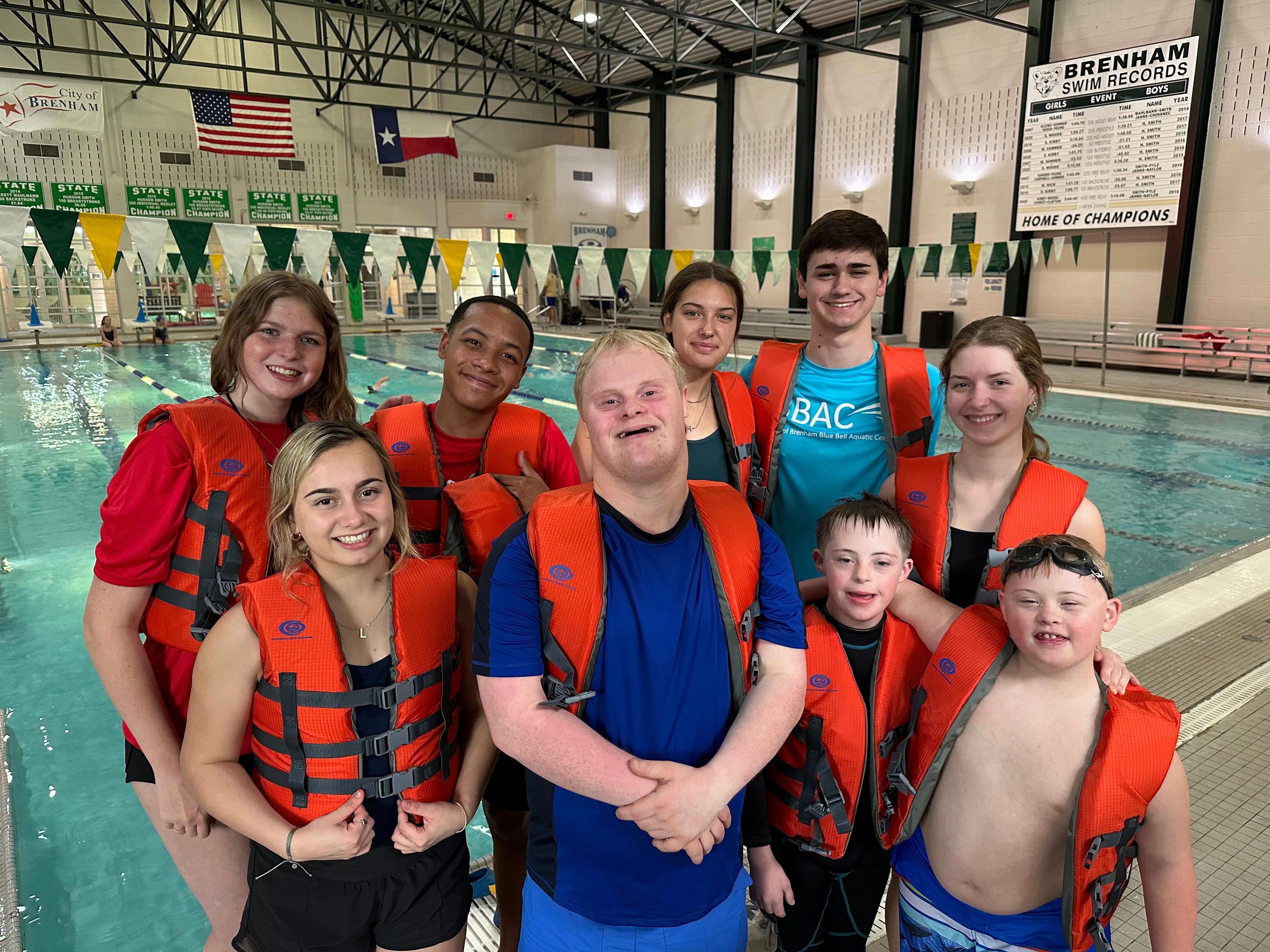

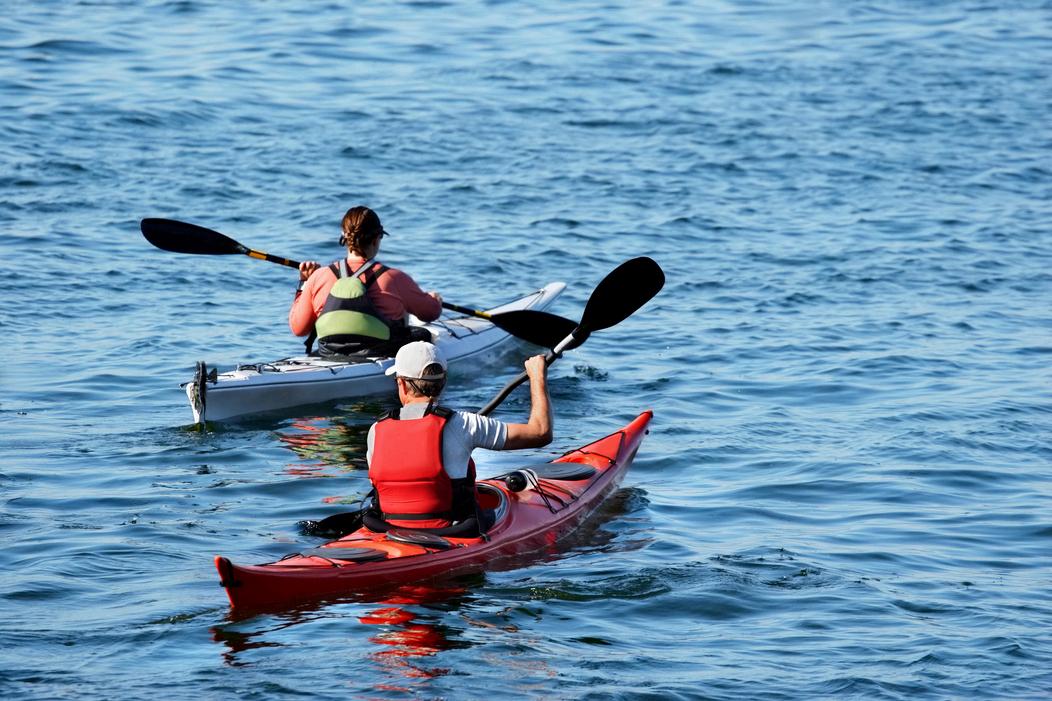
Therearemanytypesofphysicalbarriersthatthatcanbe usedaroundthepool.Therearemanyphysicalbarriersthat mayberequiredbylawsuchasfencesandlockingpoolgates, butthereareadditionalbarriersnotrequiredthatmayhelp preventadrowningsituationsuchaspoolcovers,windowand dooralarms,orevenalarmsthatcanbewornonthebodythat willalertyouifitgetswetorifthedevicehasbeen submergedfortoolong.
Lifejacketsareanothertypeofphysicalbarrier.Utilizethem fornon-swimmers,andfamiliarizeyourselfwithlocallaws whenboatingregardingwhoshouldwearajacketandhow manyshouldbeonboard.Besurethatyou’reusingaUS CoastGuardApprovedjacket,andlearntoappropriatelyfit andsecurealifejacket.
Remember,physicalbarriersarenotareplacementfor direct,constantsupervision.Theyare,instead,anotherlayer ofprotection!

Understandwhattoexpectfromthe aquaticenvironmentandyourbody’sresponse, andknowyourlimits
Makingsureallswimmersunderstandwhattoexpectwhengoingto swimandwhatbehaviorsareappropriatewillhelpensuretheirsafety. Onlyswimwithalifeguardorresponsibleadultpresenttosupervise you,andneverswimalone.
Staywithineyesightandarm’sreachofaresponsibleadult. Followthefacilityrules.
Non-swimmersshouldnotgointowaterthatismorethanchest deepandshouldwherealifejacketwhileswimming. Takeabreakwhenyou’retired.
KnowEveryone’sSwimmingAbility-IncludingYourOwn
Knowingyourswimmingabilityaswellastheabilityofthoseyou’re supervisingisakeycomponenttostayingsafe.Fromunderstanding howyourbodywillreactinapoolversusatabeachwithwavesorin waterwithacurrentiscriticaltoknowingwhattoexpectwhengoing offadivingboardordownaslidewillhelpswimmersmakegoodchoices Knowingwhentotakebreaksanddrinkwateralsohelpskeepeveryone safe.

Warnandinformfamily,friendsandguestsaboutthe dangerspresentinandaroundthewater
Communicatingyourexpectationsclearlybeforeyougetto thewateraswellasduringyourtimetherewillhelpkeep everyonesafe.
Communicateexpectationswitheveryoneinyourparty-kidsand adults.
Keepinmindthatkidswillbeexcitedwhentheyarrive,so communicatingbeforeyouarrivemightbehelpful!
Checkforcommunicationaboutwaterconditionsorfacilityrules whenyouarriveonsite,andsharetheinformationwitheveryonein yourparty
Gooverwatersafetyrulesandswimmingboundaries. Identifymeetingspotsintheeventofemergencies Whilesupervising,makesurethateveryoneinyourgroupis followingfacilityrules,listeningtodirectionsfromlifeguardsor watersafetystaff,andstayingawayfromhazards.
Communicationcanbeapowerfultoolforkeepingusallsafe in,onandaroundthewater!
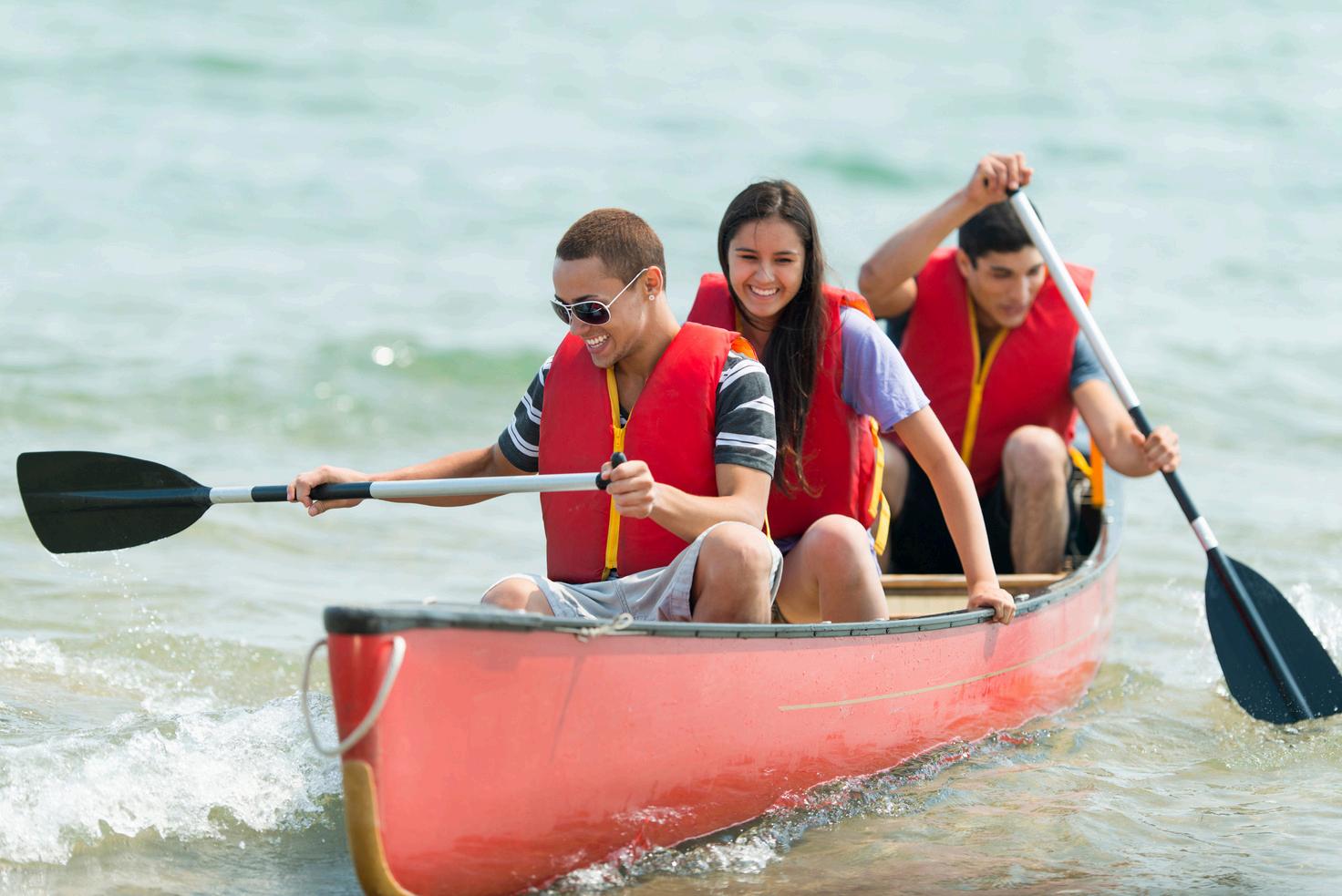
Learningtoswimisakeycomponent-andwhilenooneis“drown proof”,havingbasicwatercompetencycankeepyouandother swimmerssafe
Knowingwhattodoanemergencyisalsoanimperativepartofwater safety.
Understandhowtorecognizedifferenttypesofswimmers.
Reachorthrow-don’tgo!
Neverswimouttosomeoneinwaterthisisaboveyourheadunless youaretrainedwithproperrescuetechniques-therearemany caseswhereparentsorcaregivershavetriedtorescuetheirchild andfindthemselvesintrouble.
KnowbasicfirstaidandCPRsothatyoucanassistorprovidecare inanemergencyuntilEMSarrives
Reachouttoyourlocalparksandrecreationoraquaticfacilityfor informationonswimminglessons,firstaidandCPRcourses.










